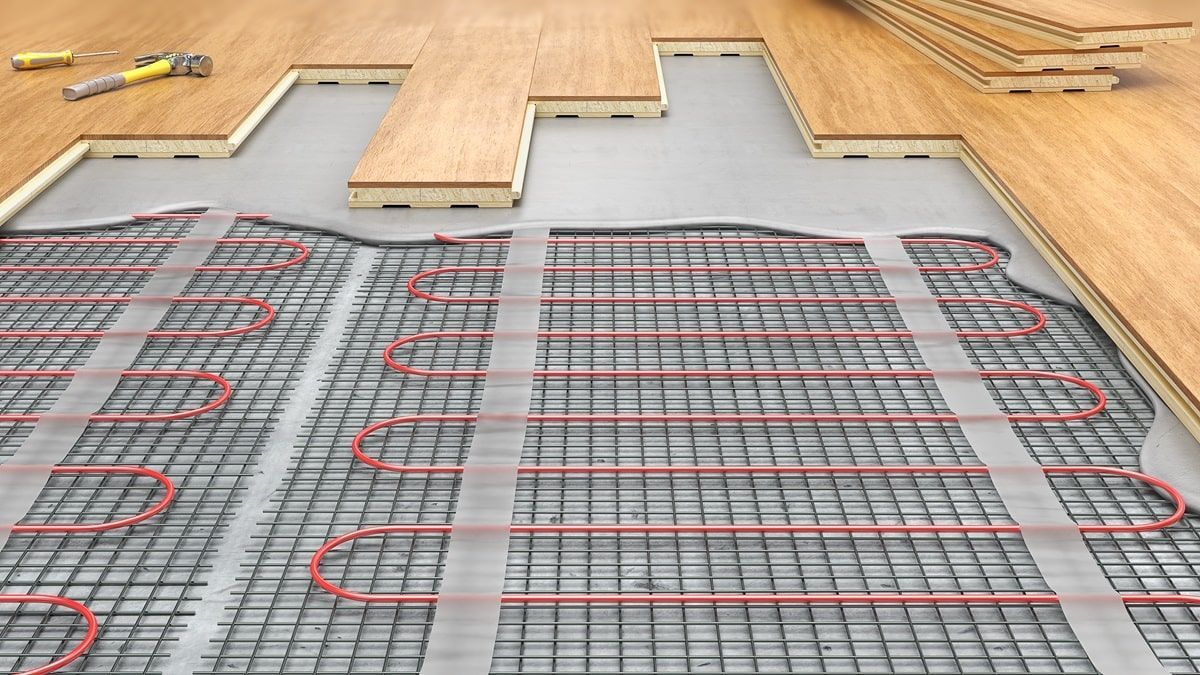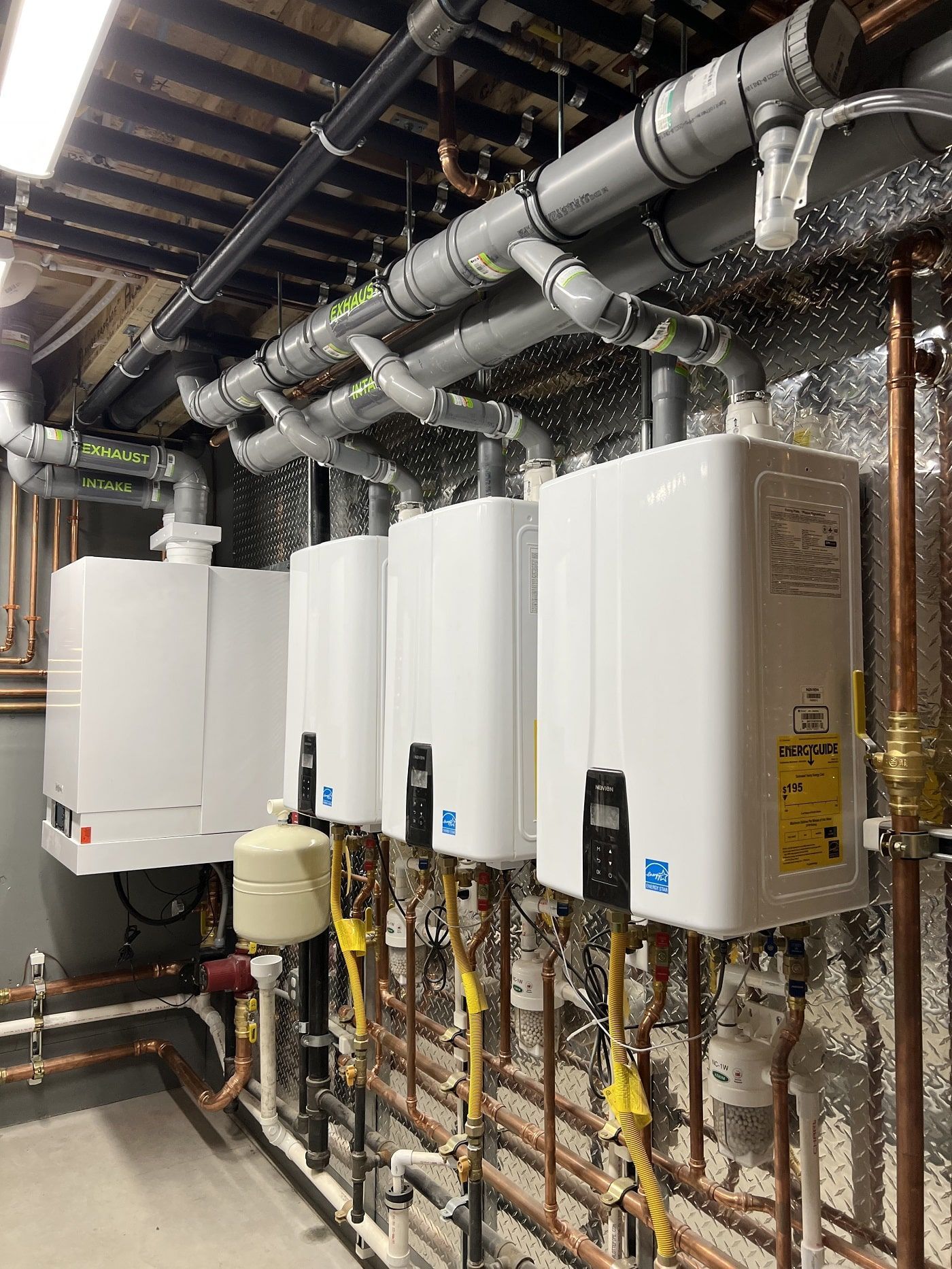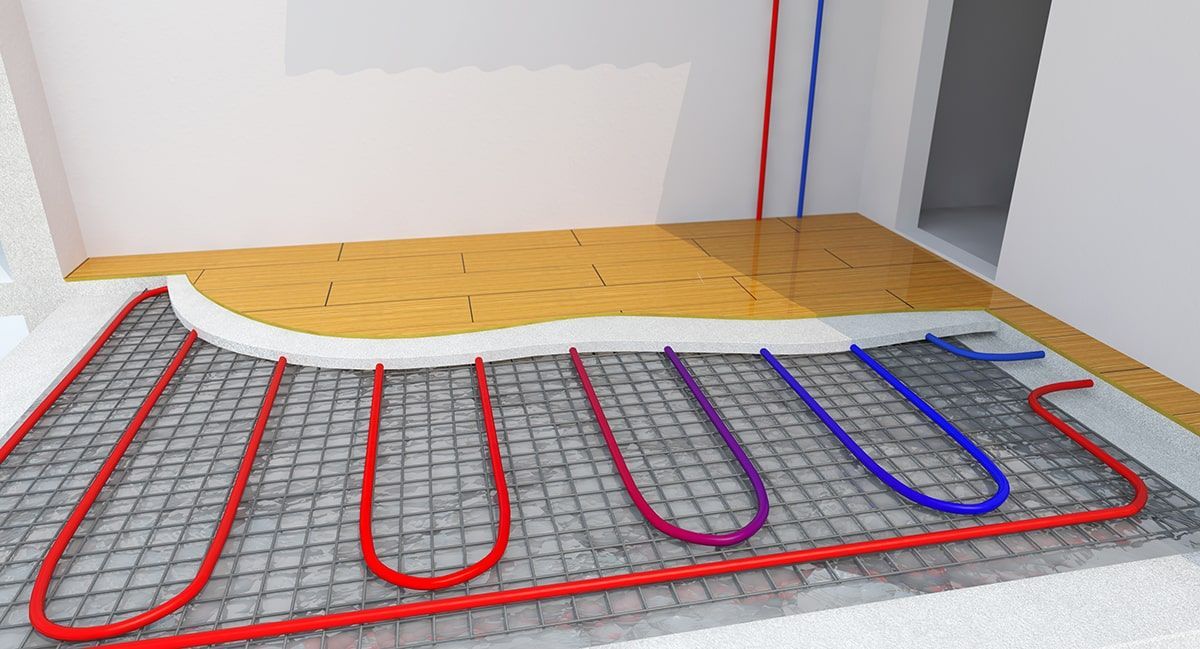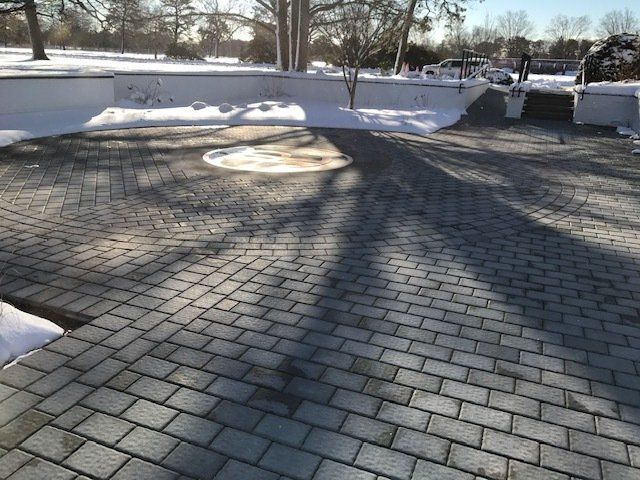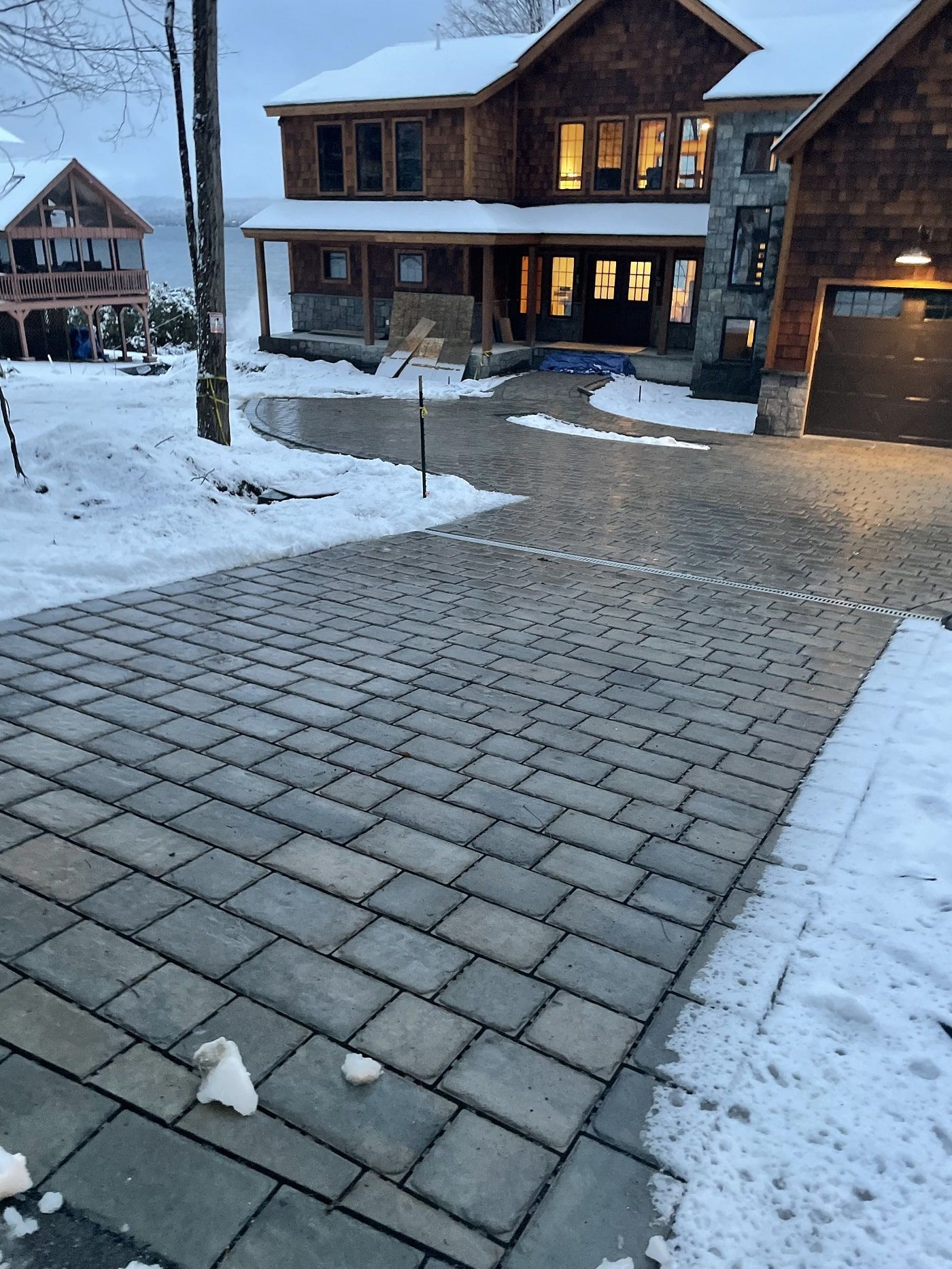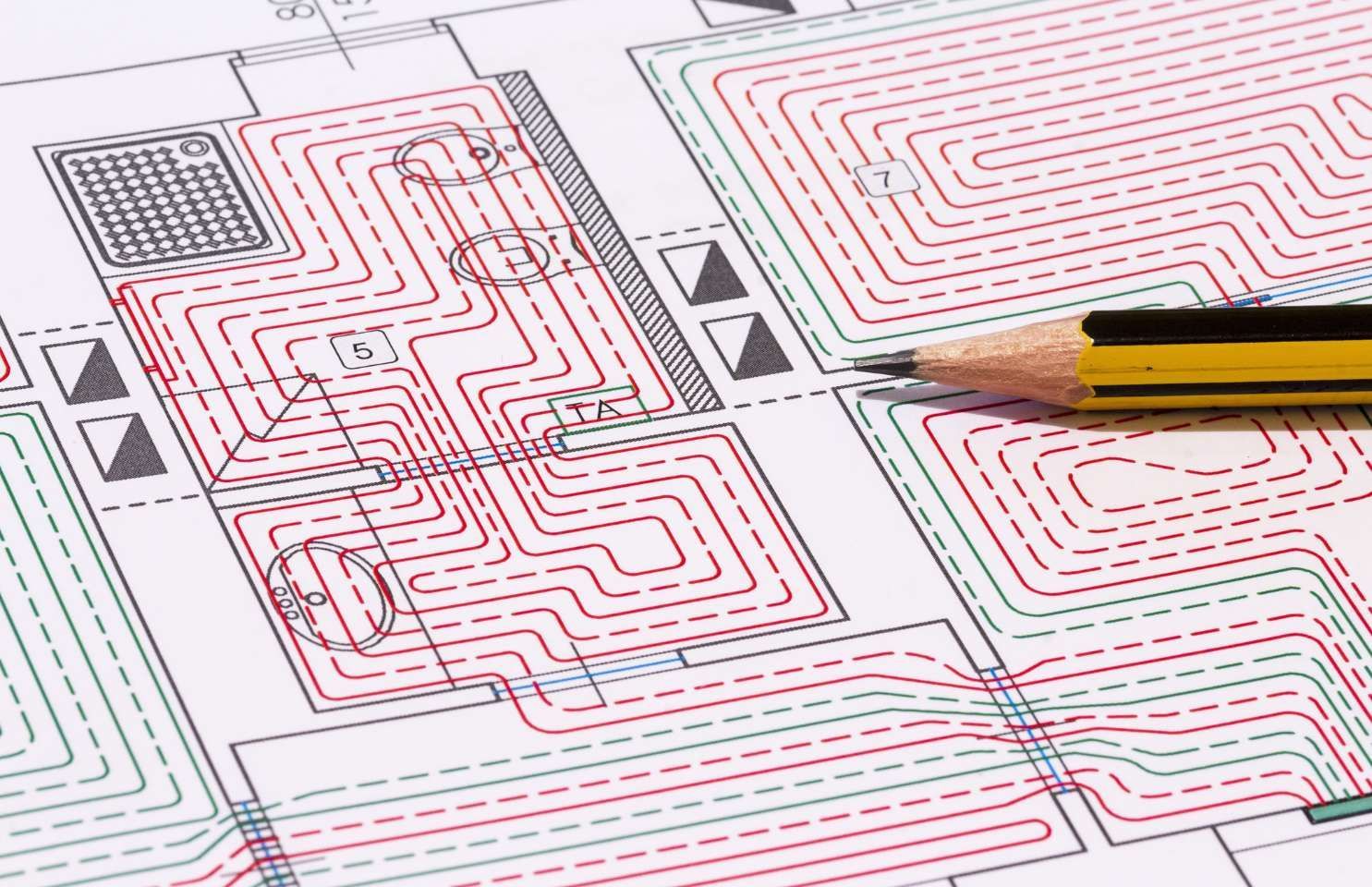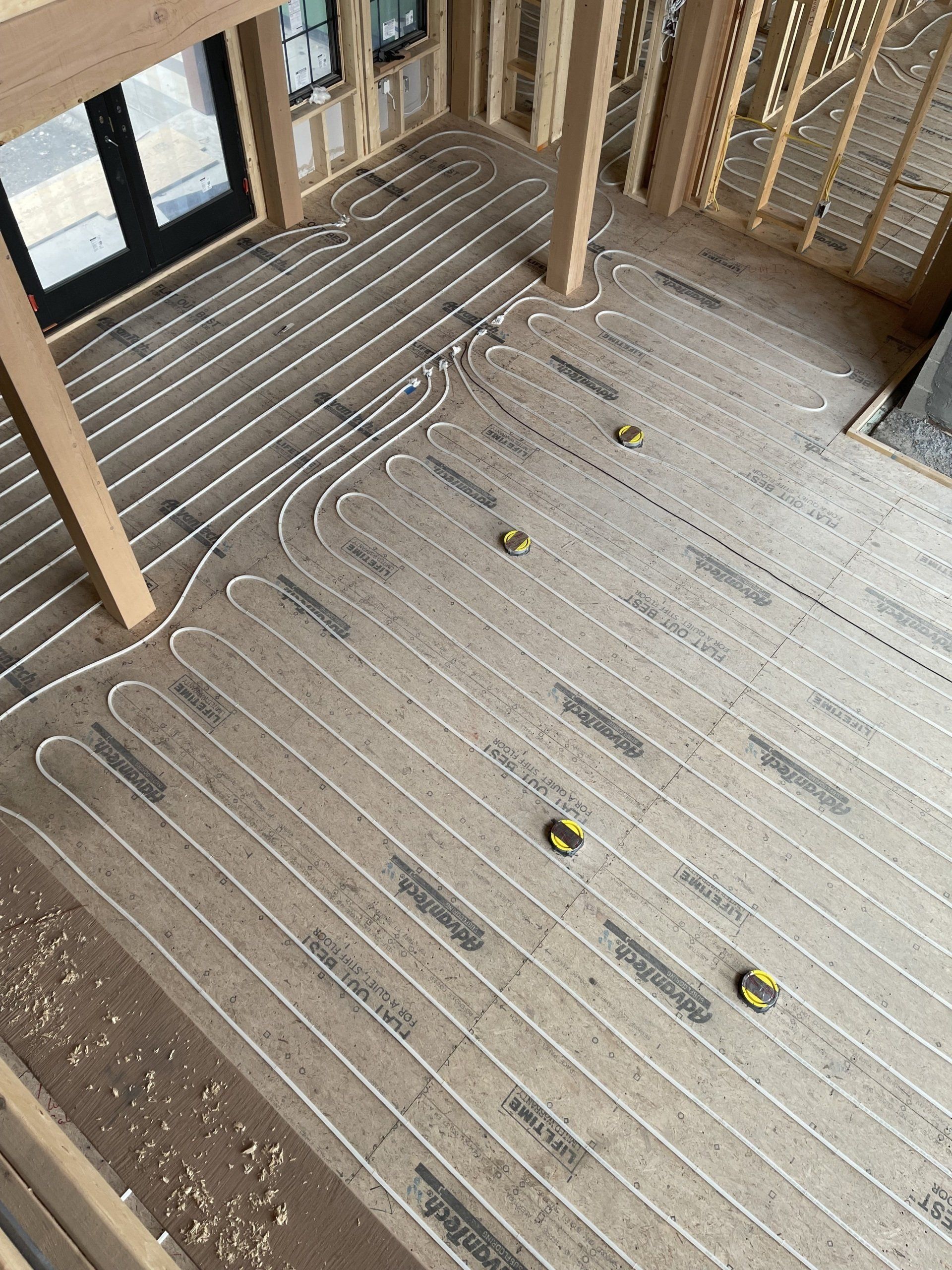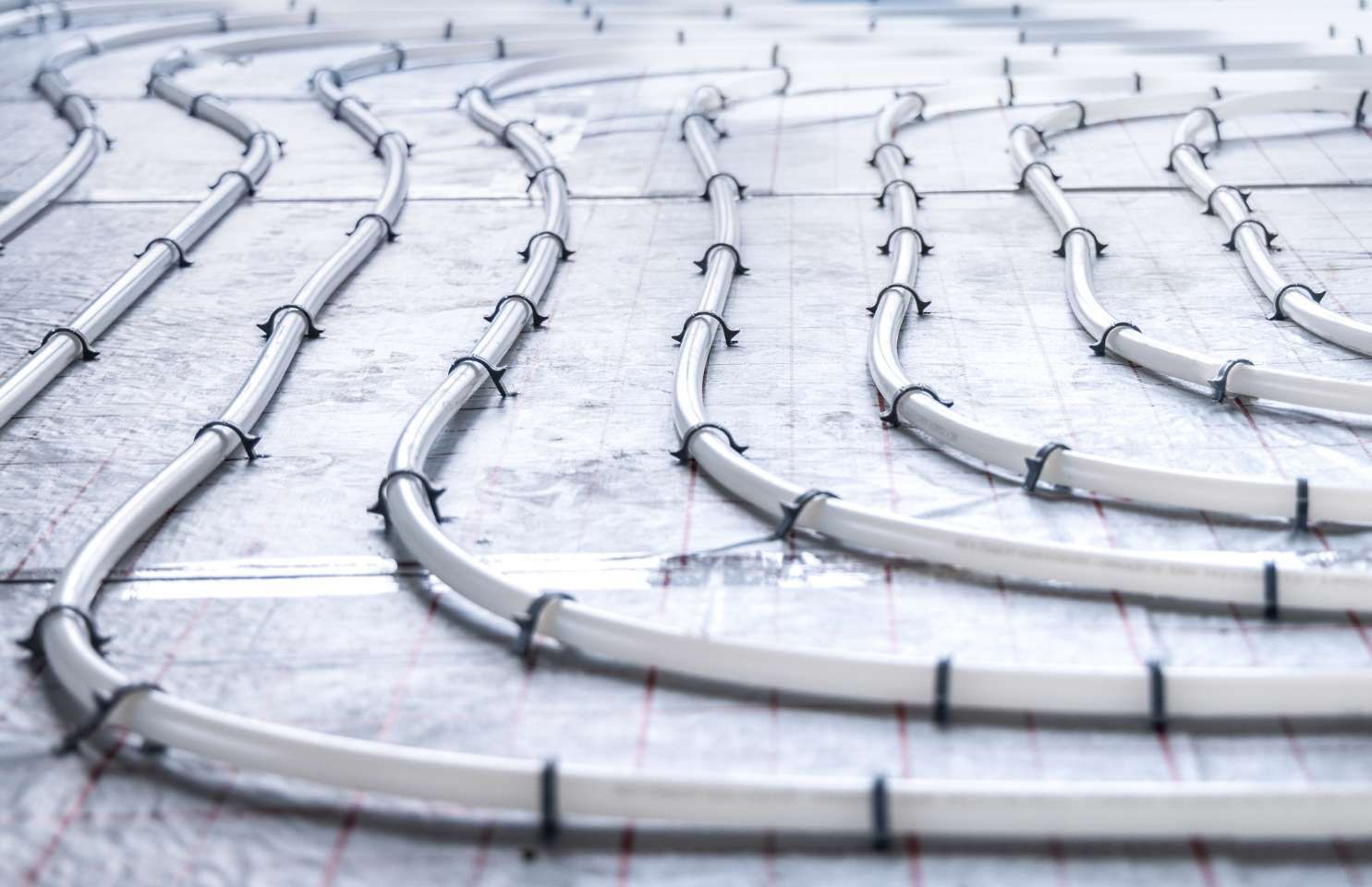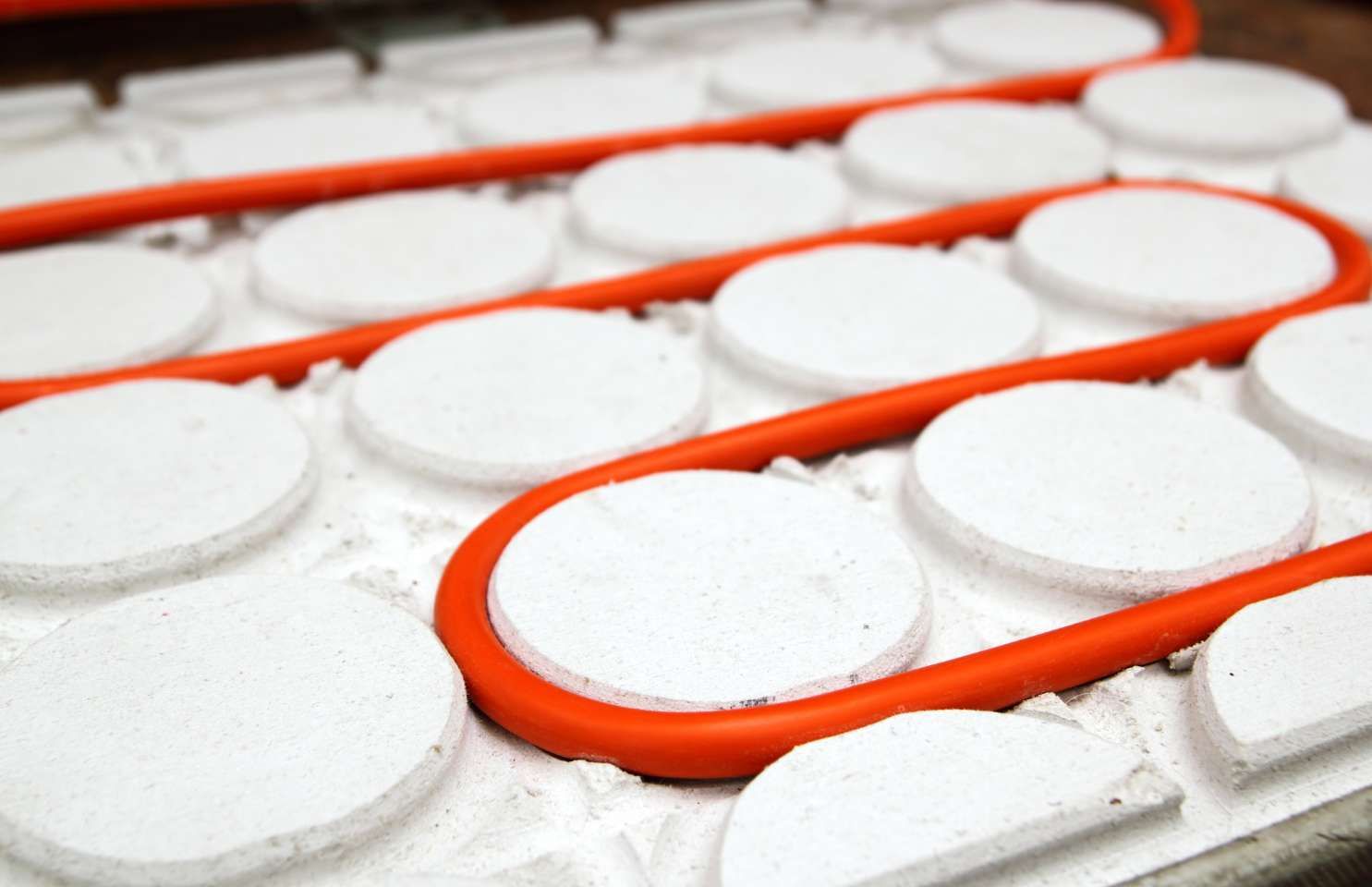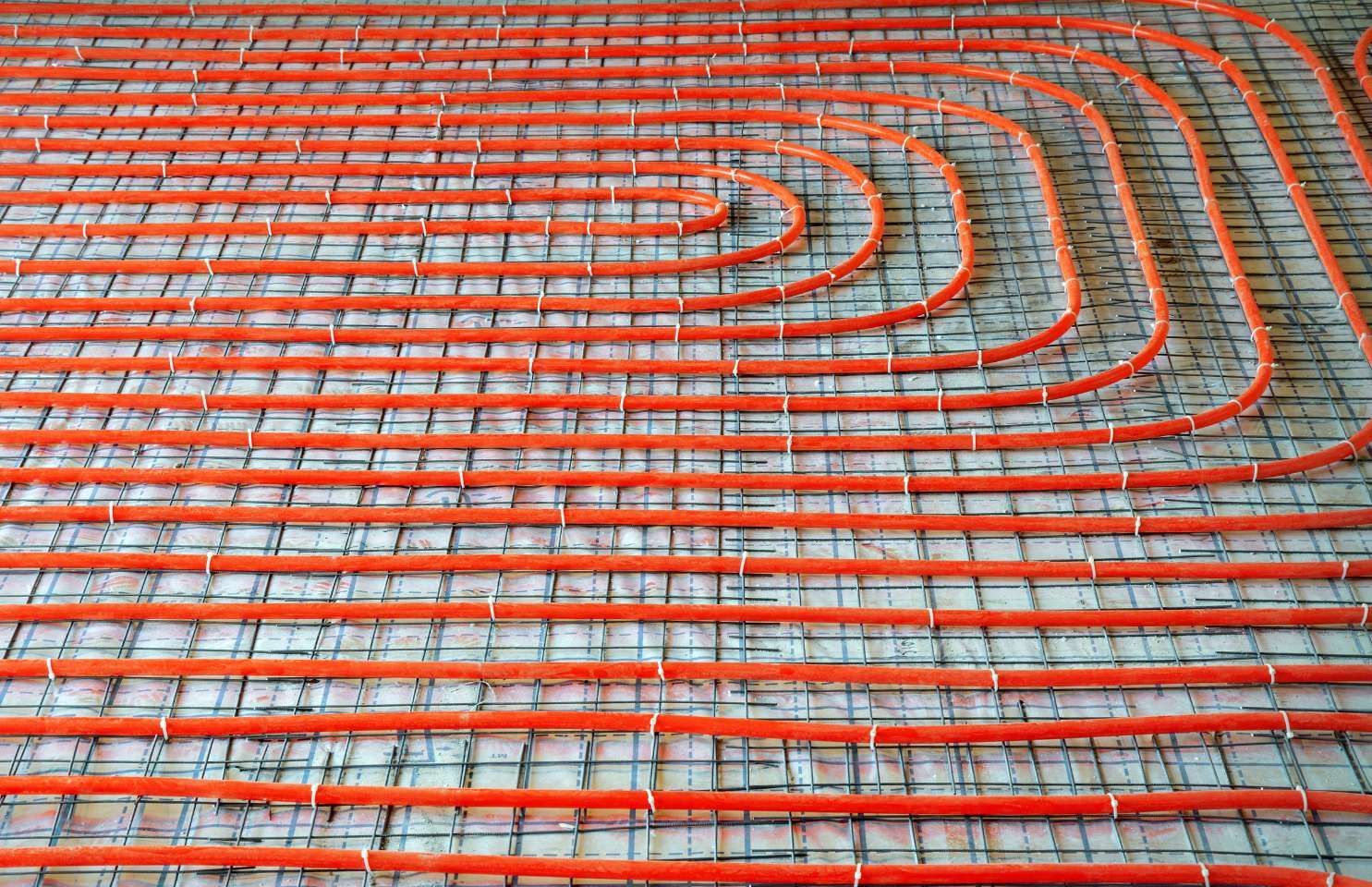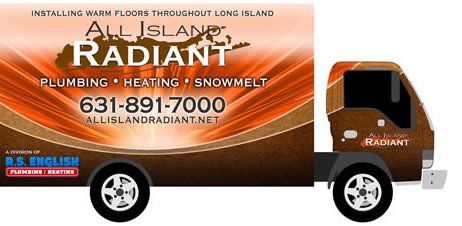What is Hydronic Heating? A Comprehensive Guide to Efficient Home Heating
Hydronic Heating: Warming from the Inside Out
Imagine a circulatory system for your home, one that pumps warmth instead of blood. That's the essence of hydronic heating. Instead of using air as a heat-transfer medium, this system relies on heated water or a water-glycol mixture that courses through a network of pipes embedded in your floors, walls, or even ceilings. Think of it as a radiator on steroids, spreading gentle warmth throughout your living space.
Types of Hydronic Heating Systems:
- Radiant Floor Heating: The ultimate in comfort, radiant floor heating warms your home from the ground up. Imagine stepping onto a toasty floor on a chilly morning – bliss!
- Baseboard Heaters: Discreet and efficient, baseboard heaters distribute heat evenly through convecting air currents.
- Wall-Mounted Panels: Sleek and modern, these panels radiate heat directly into the room, creating a comfortable ambiance.
- Towel Rails: Not just for aesthetics, heated towel rails add a touch of luxury and keep your towels perpetually dry.
Hydronic Heating vs. Forced-Air Systems:
- Comfort: Hydronic heating boasts superior comfort with even temperatures, no drafts, and no dry air. Forced-air systems can often create hot spots and leave corners chilly.
- Efficiency: Hydronic systems operate at lower water temperatures, reducing energy consumption compared to forced-air systems that require hot air.
- Health: No dust circulation or allergens swirling around – perfect for allergy sufferers!
- Maintenance: Hydronic systems require minimal maintenance, unlike forced-air systems that need regular filter changes and duct cleaning.
- Investment: While the upfront cost of hydronic heating might be higher, the long-term savings in energy bills and reduced maintenance can make it a cost-effective choice.
Is Hydronic Heating Right for You?
While hydronic heating offers undeniable advantages, it's not a one-size-fits-all solution. Consider these factors:
- Climate: In mild climates, a forced-air system might suffice. However, in colder regions, the comfort and efficiency of hydronic heating shine.
- Existing Infrastructure: Installing hydronic heating in a newly built home is easier than retrofitting an existing one.
- Budget: Upfront costs are a consideration, but long-term savings and increased comfort factor in.
Embrace the Warmth with Professional Guidance:
Hydronic heating offers a haven of comfort and efficiency for your winter days. However, navigating the complexities of installation and system selection requires expert help. Look for experienced hydronic heating contractors who can assess your needs, recommend the optimal system, and ensure flawless installation.
Let the experts at
All Island Radiant guide you towards a winter of unparalleled comfort.
Contact us today for a free consultation and discover how hydronic heating can transform your home into a cozy oasis!
